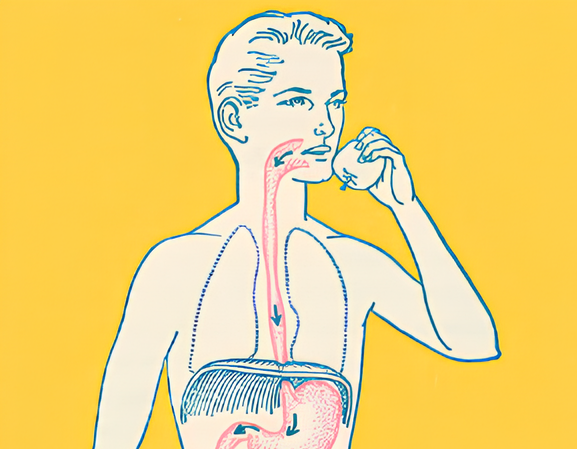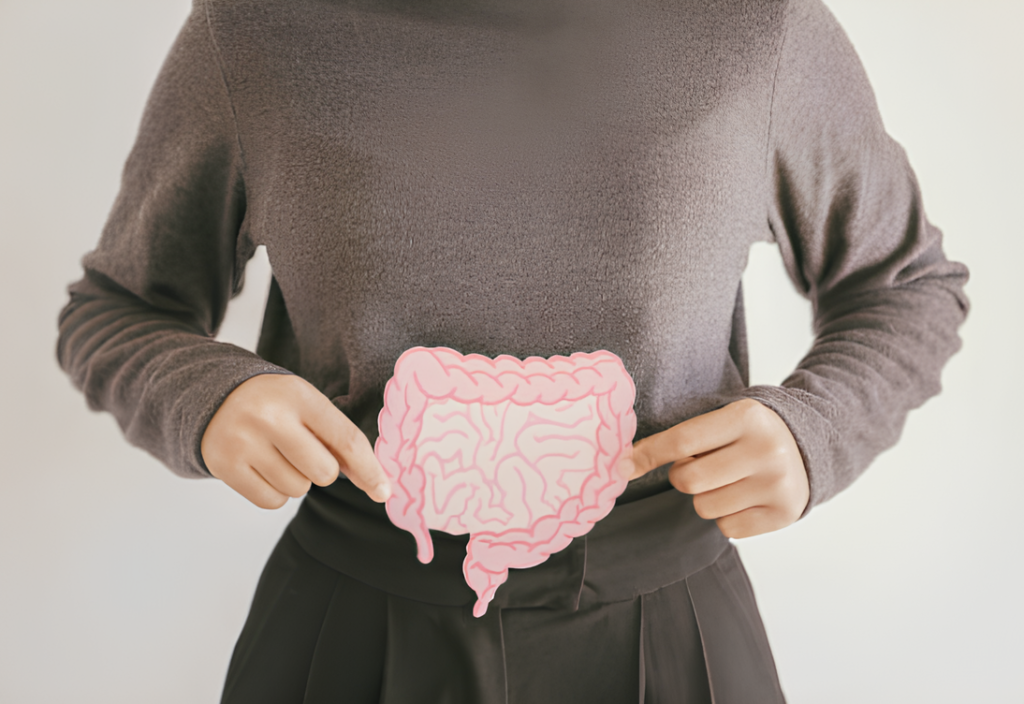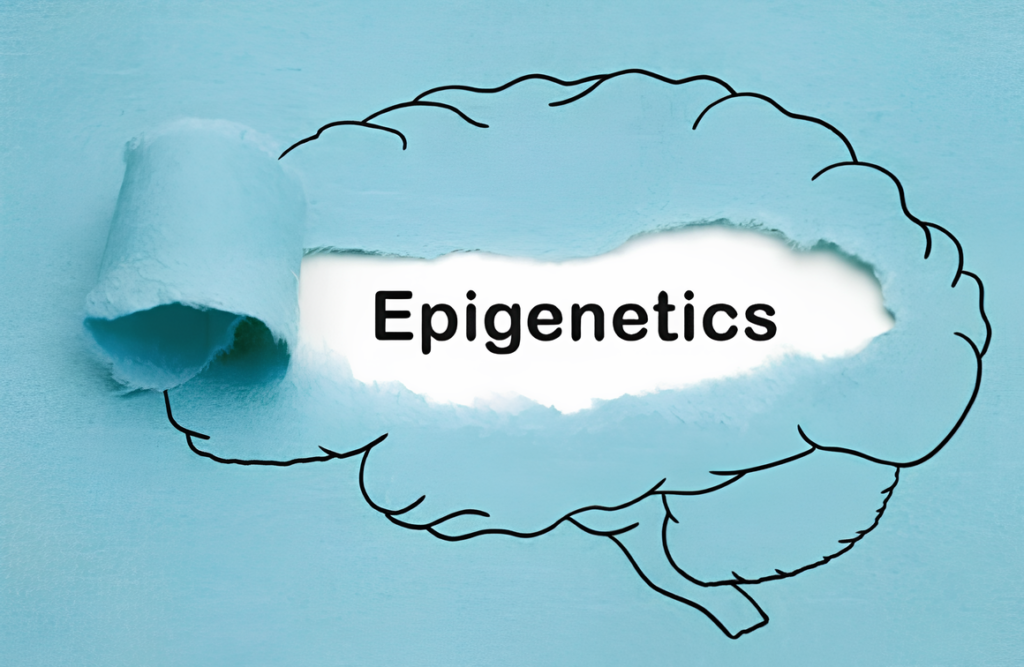If you’re a biomedical science student, you’ve likely encountered the term “Gut Microbiome” at some point. The gut microbiome is a dynamic and complex community of microorganisms living in our digestive tract, playing a crucial role in maintaining overall health. For us, Biomedical Science Students, understanding the gut microbiome and its impact on gut health is essential for comprehending various aspects of human physiology and disease.
In this article, we will dive into some fundamental topics to fully grasp Gut Health and the Microbiome, like its crucial role in our health, common imbalances and disorders, and the knowledge you will need to understand and support a healthy microbiome.
What’s Happening Inside the Gut?
Our Gut Microbiome consists of trillions of microorganisms, of which there are, Bacteria, Viruses, Fungi, and even Archaea, where 99% inhabit primarily the large intestine. This diverse community plays a vital role in various physiological processes, including digestion, immune function, and even metabolism. Fun fact; Current estimates suggest that there are as many of these bacterial cells as there are human cells in our whole body, bacteria winning at a ratio of 1:1.3, really showing we are half human half bug!
Imagine your gut microbiome as a sprawling, vibrant garden, teeming with a variety of elements—flowers, weeds, plants, insects, and even rocks. This garden represents the diverse ecosystem of microbes living in your digestive system.
The food you eat is like the soil of this garden. Just as nutrient-rich soil supports plant growth, the right foods, especially prebiotics like fiber and non-digestible carbohydrates, nourish your microbial garden. This “soil” helps stimulate the growth of your microbiome, which is like the seeds in this garden.
When the soil conditions are optimal, these microbial “seeds” flourish into a thriving ecosystem—imagine colorful flowers, lush leaves, and sturdy bushes. A well-maintained garden will have a balanced array of plants and creatures, all contributing to a harmonious environment. Similarly, a healthy gut microbiome produces beneficial compounds known as “postbiotics,” which help maintain a balanced internal environment.
Just as a gardener carefully manages the balance between different plant types and soil conditions, maintaining the right balance of prebiotics, probiotics, and postbiotics is essential for a thriving gut microbiome. The food you choose plays a crucial role in the success or failure of this internal garden, shaping the health and vitality of your gut ecosystem.
How to Support Your ‘Garden’
As we kind of picked up in the previous section, we can support our gut microbiome by including the 3 following mindful habits;
- Eating a Diverse Diet: To support a thriving gut microbiome, eating a diverse range of plant-based foods is crucial. Tim Spector, a leading researcher in gut health, highlights the importance of incorporating at least 30 different plant varieties into your weekly diet. This diversity ensures a wide array of fibers and phytonutrients that feed various beneficial microbes in your gut. Fiber, found abundantly in fruits, vegetables, legumes, and whole grains, acts as a prebiotic, providing essential nourishment for these microbes. Spector’s research underscores that such dietary variety not only enhances microbial diversity but also promotes a healthier, more balanced gut ecosystem, which can improve digestion and aid overall health.
- Include Prebiotics: Including prebiotics in your diet is key to nurturing a healthy gut microbiome. Prebiotics are non-digestible fibers found in foods like bananas, onions, garlic, and leeks that specifically feed beneficial gut bacteria. According to nutritional scientists, these prebiotic fibers stimulate the growth and activity of positive microbial species, which play a vital role in digestion and immune function. By ensuring your diet is rich in prebiotics, you support the proliferation of good bacteria, helping to maintain a balanced gut environment and enhance overall health.
- Opt-in for Probiotics: Incorporating probiotics into your diet can significantly benefit your gut health. Probiotics are live beneficial bacteria found in fermented foods such as yogurt, kefir, sauerkraut, and kimchi. According to Tim Spector’s research, regularly consuming these probiotic-rich foods introduces advantageous microbes into your digestive system, which can help maintain a balanced microbiome. These beneficial bacteria assist in digestion, support immune function, and can even improve mental health. By adding probiotics to your diet, you contribute to a more robust and diverse gut microbiome, enhancing your overall well-being.
Conclusion
Understanding the gut microbiome is essential for grasping how our digestive system and overall health function. This diverse community of microorganisms affects everything from digestion to immune response.
To support a thriving gut microbiome, focus on three key habits: eat a varied diet with at least 30 different plant-based foods, include prebiotics to nourish beneficial bacteria, and incorporate probiotics from fermented foods. By maintaining this internal balance, you foster a healthier digestive system and overall well-being. Your gut garden will thank you for the care!
Remember to Stay Curious and check more articles here!
References
Clarke, G., Stilling, R. M., Kennedy, P. J., Stanton, C., Cryan, J. F. and Dinan, T. G. (2014) ‘Minireview: Gut microbiota: the neglected endocrine organ’, Molecular Endocrinology, 28(8), pp. 1221-1238. doi: 10.1210/me.2014-1108. Available at: Click Me
Cresci, G. A. and Bawden, E. (2015) ‘Gut Microbiome: What We Do and Don’t Know’, Nutrition in Clinical Practice, 30(6), pp. 734-746. doi: 10.1177/0884533615609899. Available at: Click Me
Eckburg, P. B., Bik, E. M., Bernstein, C. N., Purdom, E., Dethlefsen, L., Sargent, M., Gill, S. R., Nelson, K. E. and Relman, D. A. (2005) ‘Diversity of the human intestinal microbial flora’, Science, 308(5728), pp. 1635-1638. doi: 10.1126/science.1110591. Available at: Click Me
Gill, S. R., Pop, M., Deboy, R. T., Eckburg, P. B., Turnbaugh, P. J., Samuel, B. S., Gordon, J. I., Relman, D. A., Fraser-Liggett, C. M. and Nelson, K. E. (2006) ‘Metagenomic analysis of the human distal gut microbiome’, Science, 312(5778), pp. 1355-1359. doi: 10.1126/science.1124234. Available at: Click Me
ZOE. (n.d.). 30 plants per week. Available at: Click Me



